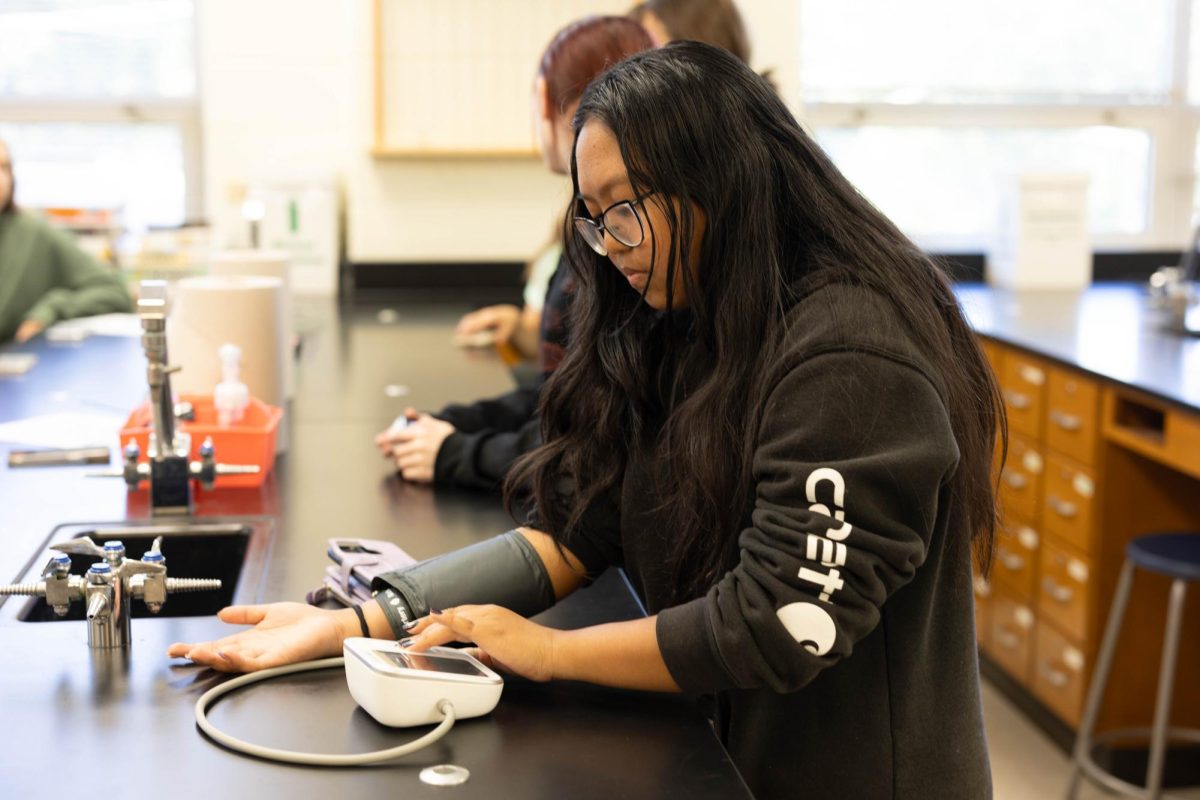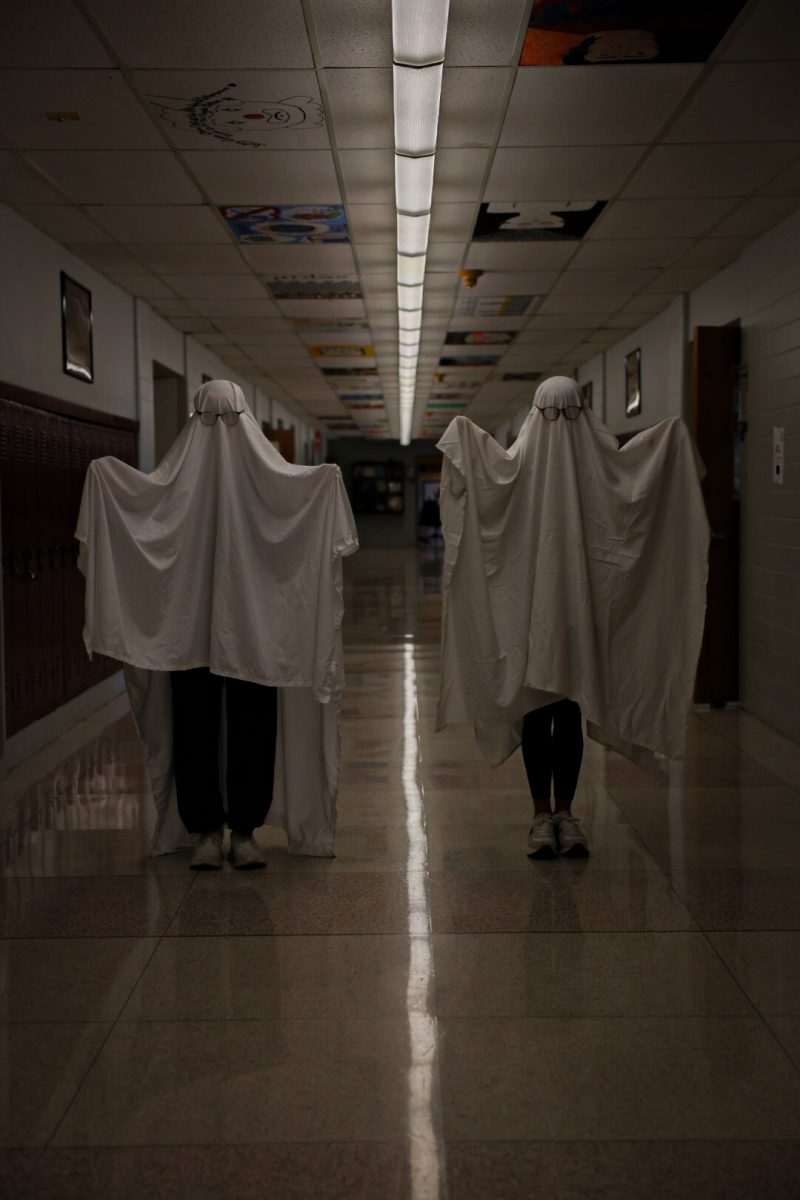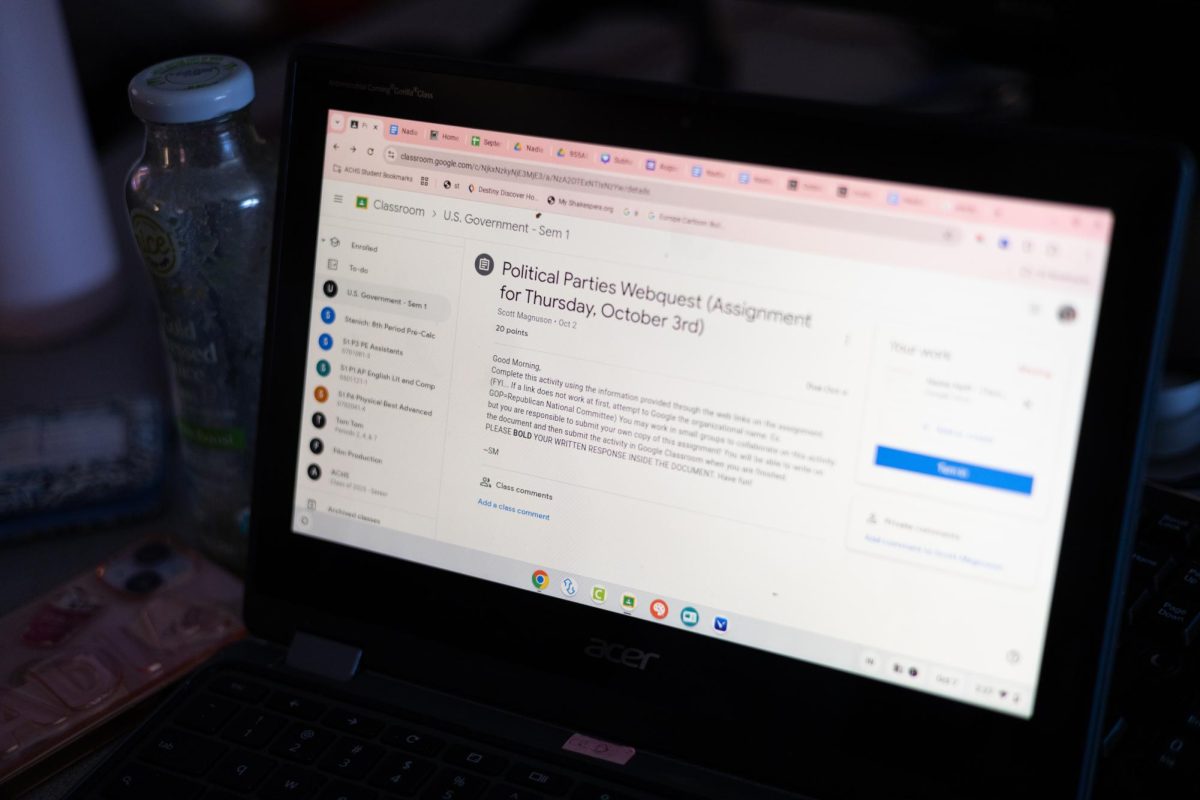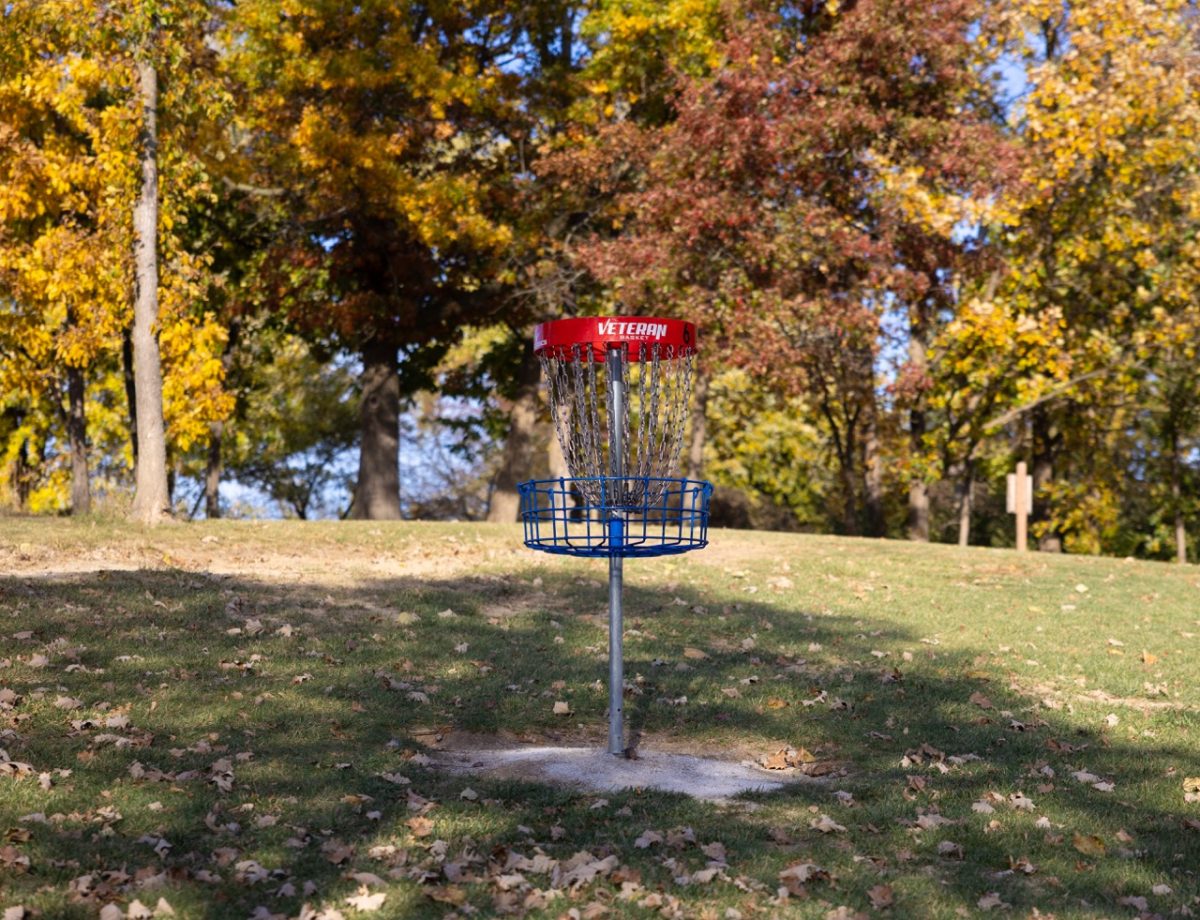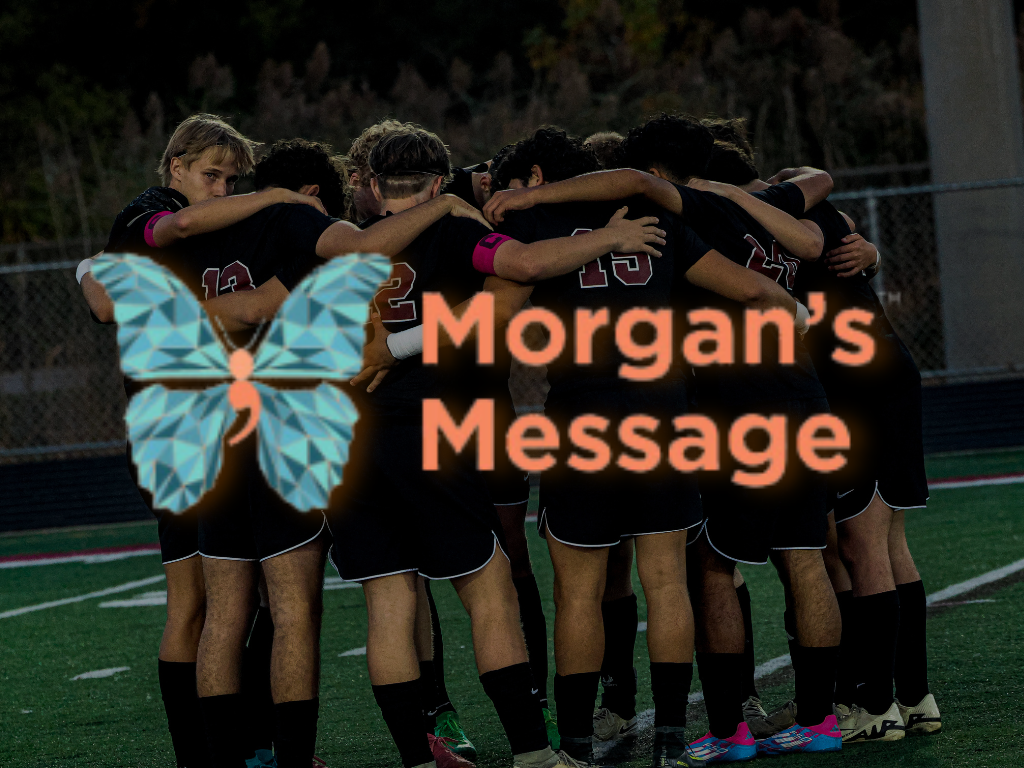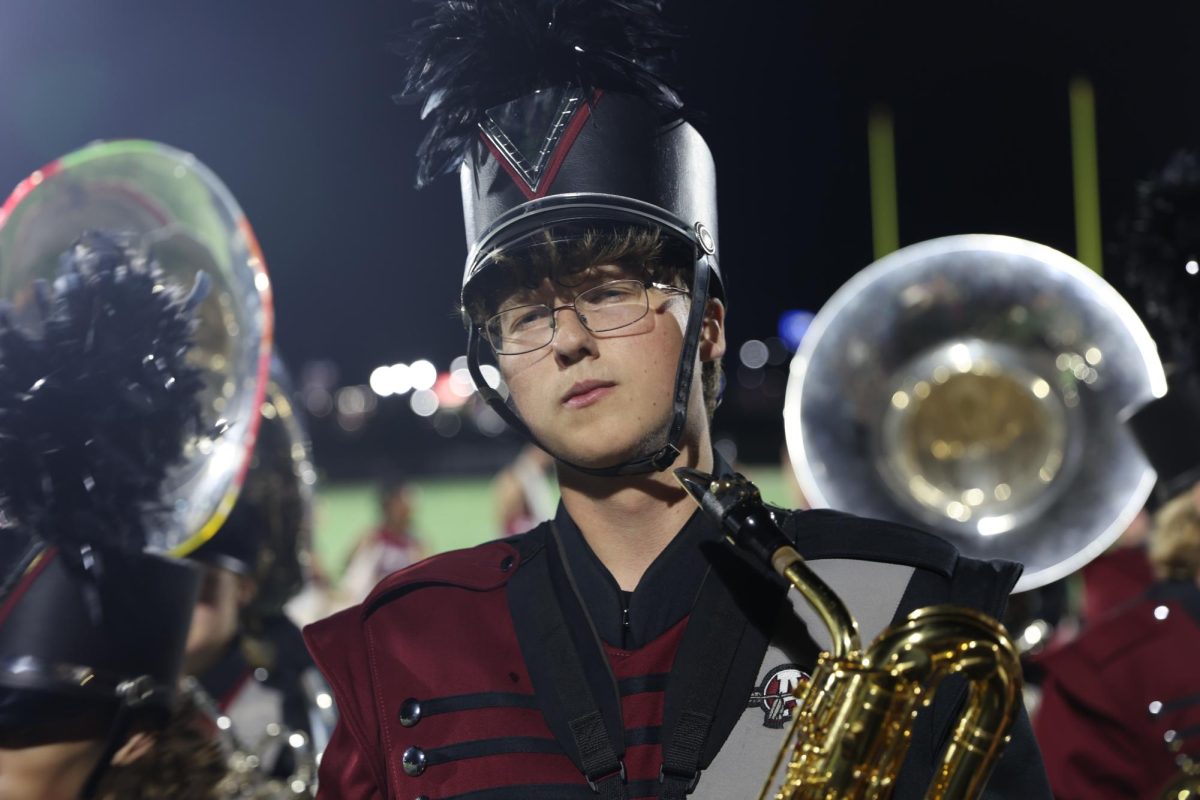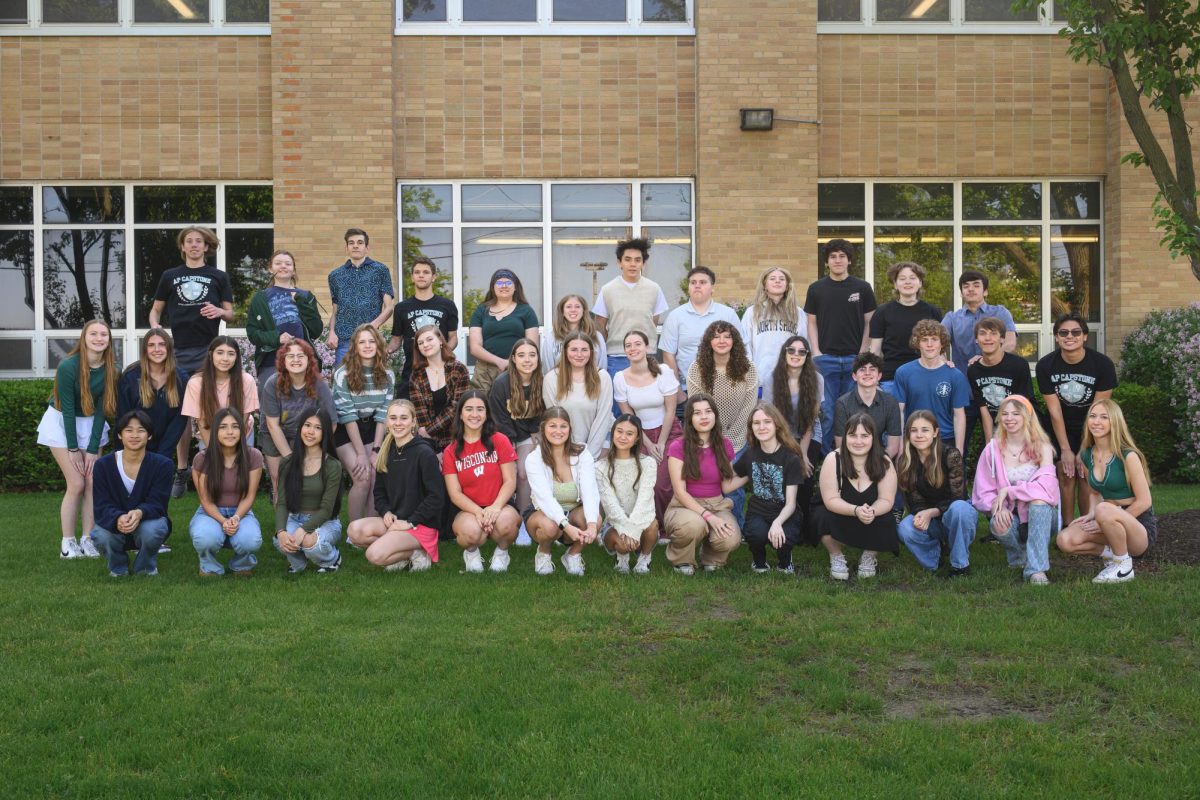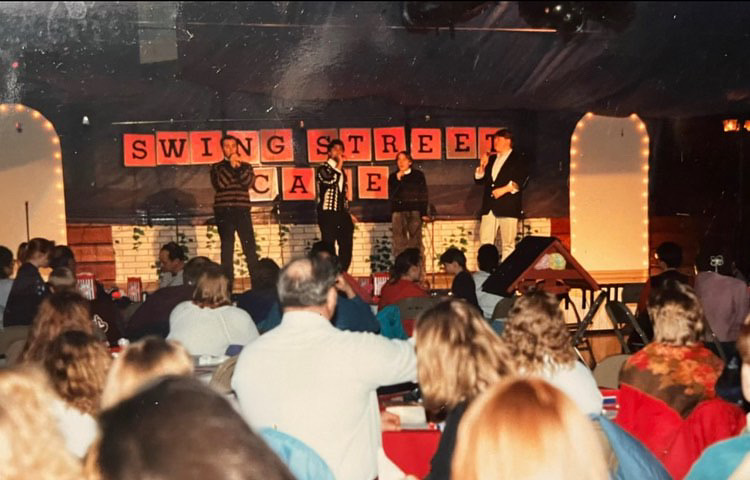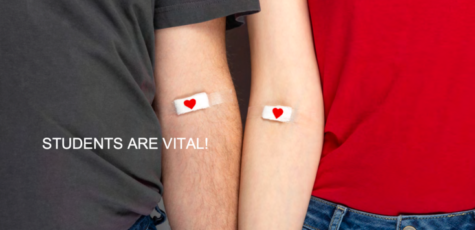
For many years, Antioch Community High School has hosted a blood drive each semester, in order for students to donate blood to those in need; the blood drive takes place in the ACHS auxiliary gym and lasts the entirety of the school day. Physical education teacher Gregg Henning is in charge of the blood drive every year. Henning uses the blood drive as an opportunity for students to see the importance of helping others.
“The objective of [the blood drive] is to teach students how to be a better community member,” Henning said.
Donating blood is extremely beneficial for everyone involved. Not only does it increase life expectancy for those with critical health conditions, but it also helps to keep the donor healthy. The medical director of apheresis and associate director of transfusion medicine and cellular therapy at NewYork-Presbyterian / Columbia University Irving Medical Center, Sarah Vossoughi, said that donating blood helps reduce cardiovascular risk factors in an interview administered by Columbia University Irving Medical Center.
Beyond that, donating blood gives students more academic chances; participating in the blood drive allows students to be applicable for a scholarship to further their education and credit in the gym class. Generally, people donate blood because it feels moral to help others and to offer to all of those who are in need of blood, especially due to the blood shortage. The blood drive does more than just give students an excuse to get out of gym class: it betters the community.
“People need blood at all times, and there’s no other way to get it but donations,” Henning said.
To donate blood, students must be at least 16 years of age. All male students must be at least five feet in height and weigh a minimum of 100 pounds, For female students, it is a little different; depending on their height, they must weigh a certain amount to be eligible to donate, and those numbers are frequently changing. Plenty of female students are not able to donate blood due to their iron levels.
As Henning nears his retirement, social studies teacher Megan McDonnell and health teacher Bryn Nottoli will be taking over organizing the blood drive. They plan to ensure the blood drive will remain successful and maintain its current integrity.
“I am excited for the opportunity to continue a tradition,” McDonnell said. “I think it is a great cause and I have learned from [Henning] already.”
There are plenty of meticulous steps that need to take place for the blood drive to run smoothly. ACHS is working with Vitalant to make the blood drive happen. They also have staff working on the blood drive to ensure that students are aware of what is happening.
“There are lots of logistics that need to be done in order for the blood drive to run,” McDonnell said. “I need to book the space at the school, get flyers out and coordinate with Vitalant, the company used. As well, I need to work on clean up and getting students organized for check-in.”
Both McDonnell and Henning know the benefits of donating blood; McDonnell has donated around 10 times and Henning has donated a total of 56 times. They both realize the importance of giving back to those in need, especially during the blood shortage.
ACHS holds the record for the largest blood drive in all of Illinois, and the school hopes to keep this record. With a goal of 200 units of blood, the school hopes to maintain its stellar outcomes; stop by the AUX gym on March 16 to help the school provide blood to those who need it.





